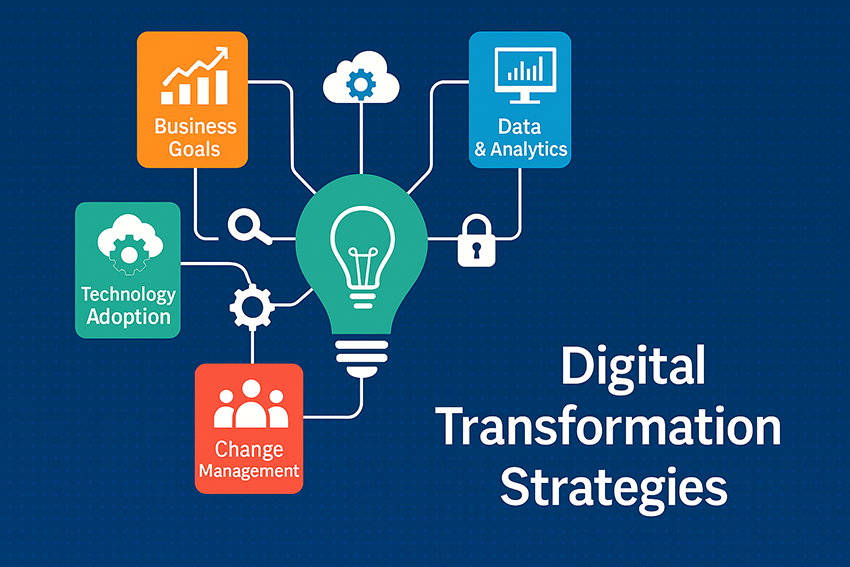Enterprises urged to align technology and business goals for successful digital transformation
A new whitepaper has outlined a comprehensive approach for enterprises seeking to achieve meaningful results from digital transformation initiatives, stressing that technology adoption alone is insufficient without strong alignment to business objectives and organizational readiness.
The report highlights that while advanced tools such as artificial intelligence, automation, and data analytics are reshaping industries, many companies struggle to scale projects beyond the pilot phase. Common barriers include siloed operations, unclear return-on-investment measurement, and weak collaboration between IT and business units.
To address these challenges, the whitepaper calls for a structured transformation roadmap, cross-functional governance, and a renewed focus on data quality. These measures, it says, are essential for supporting analytics and AI systems that can deliver measurable impact.
Case studies featured in the paper showcase how companies in manufacturing, logistics, and financial services have successfully deployed technology to improve operational efficiency, cut costs, and enhance customer experience. Examples include automation for workflow streamlining, predictive analytics for demand forecasting, and AI-driven personalization in client engagement.
The report also underscores the role of cybersecurity, regulatory compliance, and ethical AI practices in safeguarding both operational integrity and customer trust. It notes that integrating these considerations from the outset helps reduce risk and improve long-term outcomes.
Looking ahead, the authors conclude that organizations combining technological innovation with workforce empowerment—through upskilling, training, and change management—will be best placed to secure competitive advantage over the next five years.









